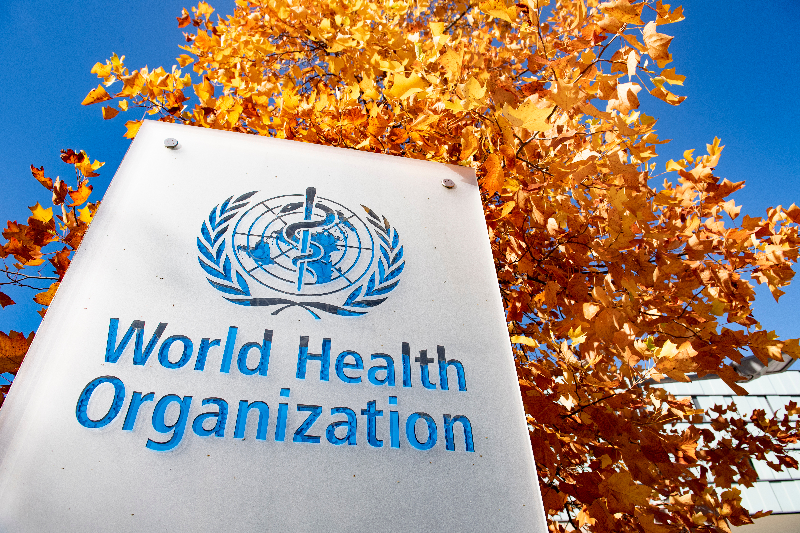The World Health Organization (WHO) stated on 6th Oct (Wednesday) that the solely accepted vaccine against malaria must be broadly given to African children, establishing the most important advancement against the disease that has killed thousands of people every year.
World Health Organization recommends Mosquirix for Malaria infected African children
The World Health Organization recommends RTS,S, retailed as ‘Mosquirix’, a vaccine produced by GlaxoSmithKline (GSK), a British drugmaker.
Approximately 2.3 million doses of Mosquirix, since 2019, have been directed to newborns in Malawi, Kenya, and Ghana in an extensive scale pilot program synchronized by the World Health Organization. Majorly, children below the age of 5 are the victims of Malaria’s fatal conclusion.
The Mosquirix vaccine program is followed after 10 years of clinical tests in 7 African nations.
Tedros Adhanom Ghebreyesus, WHO Director-General, stated that the most anticipated Malaria vaccine Mosquirix is a milestone for the domain of science.
The Mosquirix vaccine is anticipated to prevent Malaria and save numerous young lives every year, Ghebreyesus stated.
In Africa, Malaria is a deadlier disease than COVID19. In 2019, the former has already proven to be fatal to 386,000 Africans, according to a WHO estimate. COVID19 deaths dwindled at 212,000 deaths in the past 1.5 years, according to WHO.
The WHO stated that 94% of Malaria deaths and calamities occur in Africa, a mainland that houses 1.3 billion people. The curable disease is caused by infected mosquito bites that transmit parasites to people and instills Malaria symptoms that include fatigue, vomiting, and fever.
The Mosquirix vaccine’s efficiency at fighting critical cases of Malaria in children is estimated to be around 30%. However, even with such a low-efficiency percentage, the Mosquirix vaccine is the only accepted vaccine as its benefits overshadow hazards.
Scientists at the United Kingdom’s University of Oxford have developed another vaccine against Malaria. The R21/Matrix-M has shown around 77% efficiency in a study that involved 450 children from Burkina Faso. However, researchers have indicated that the legitimacy of the vaccine is still not established as it is in the trial stages.
The challenge of funds
GSK has committed to manufacturing 15 million doses of the Mosquirix vaccine every year. Additionally, 10 million doses have been donated to the WHO trial programs, till 2028, with a fee for the production and a 5% margin.
The demand for a malaria vaccine is estimated to be 50 to 110 million doses annually by 2030 in areas of high transmission rates, according to a WHO global market study.
A global public-private partnership, the GAVI vaccine alliance, will decide in December about the medium and whether to finance the Mosquirix vaccination program.
Director of WHO’s Department of Immunization, Vaccines & Biologicals, Kate O’Brien, stated that political will is the medium through which funds will be available to facilitate a large-scale production and distribution of the Mosquirix vaccine.
A source closely associated with the planning of the Mosquirix vaccine development stated that the price for every dose was not yet established. However, vaccine prices can be confirmed following GAVI’s funding decision and once the demand for the vaccine is established.
BioNTech, a German biotechnology company, developed the COVID19 vaccine against Pfizer, a US mogul. The former stated that it targeted to begin tests for a Malaria vaccine in 2022 using the identical mRNA technology.
The WHO is also hoping for more scientists to emerge with developments for Malaria vaccines.
